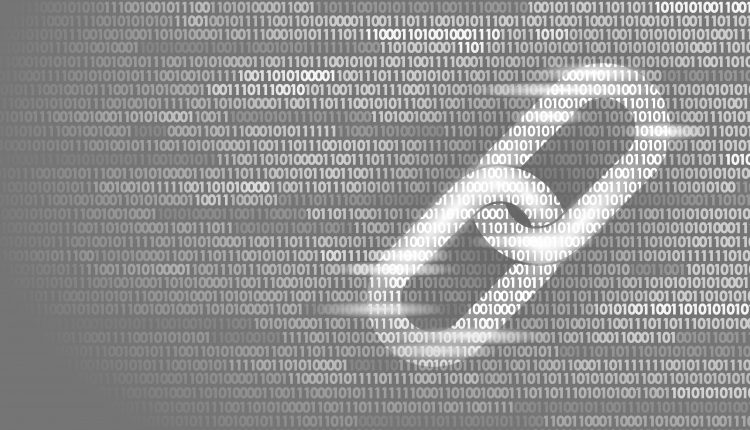Blockchain: The next big technology revolution in facilities management
Written by members of the Middle East Facility Management Association (MEFMA).

Like artificial intelligence (AI), blockchain has created a buzz in business community since its emergence. This disruptive technology, defined as a cloud-based, permanent, distributed digital ledger of activities between parties, is seen to impact the performance of an organization across industries at a time when we treat information as the new currency.
If one is to apply blockchain in the world of facilities management (FM), this could mean that a permanent record of all FM-related activities – such as “property transfers, asset digitization, HVAC system activities, occupancy of cubicles, or security access” – between parties are now easily accessible and retrievable. Additionally – since alteration in the digital ledger is not allowed unless all involved parties give their consent – transparency, security, accountability, and data integrity are now assured. Work efficiency is, therefore, enhanced without the need for additional costs.
Blockchain undoubtedly promises many great advantages to facilities managers in the performance of their role and duties. These include enabling real-time visibility and security in contractual obligations and accelerating transactions while enhancing accountability.
While blockchain presents numerous opportunities, one may be compelled to ask: is blockchain going to be the new technological revolution in the FM industry? Should stakeholders be concerned about hacking and regulatory uncertainty?
Some experts agree that blockchain is another technological innovation that can revolutionize the FM landscape in the future. Francisco Ramalheira, Business Development & Marketing Director, Enova, says that the technology is going to be critical to the growth of the FM industry in the Middle East.
“Highly innovative technologies have brought about tremendous changes to the facilities management (FM) industry worldwide. Drones and the cloud are some of the smart tools that, if properly utilized and fully optimized, can lead to dramatic transformation in terms of how facilities managers deliver integrated services in an expedient and efficient manner. AI and blockchain are another major innovation in technologies that will bring forth a lot of value to the FM community. In the Middle East, Enova, for instance, is at the forefront of incorporating next-generation devices and programs into its systems and functions in keeping with the digital age. In the future, we can certainly anticipate a broader use of technologies such as AI and blockchain in the region’s FM sector and this is going to be a major boost to the industry’s global competitiveness,” he says.
However, despite opportunities, challenges also arise in the implementation of blockchain in the FM sector. For one, an evident lack of proper training proves to be a serious concern among industry players. Building quality training programs is therefore in order to equip employees with the right skills that will enable them to deal with the changes brought forth by blockchain deployment.
Data integrity is another major issue apart from data protection. Some facilities managers are still experiencing data collection and application issues, which could lead to inaccurate analysis of information and ill-informed decisions within the organization.
The fear of the unknown is a major hindrance to the full adoption of the technology as well, highlighting more than ever the significance of training and education. Others are also calling for the thorough testing of the system before full implementation to ensure that it is capable of combating future network intrusions.
“Implementing any new technology or software requires special knowledge, AI and blockchain are no exceptions. Employee training is an important prerequisite here as elsewhere, and the costs involved should be measured against the savings that these systems will bring about in the long run. For instance, the databases being currently used in FM are all centralized and cannot be integrated without compromising each database,” explains Stuart Clayton, Operations Director, Infracare.
He adds: “However, blockchain is decentralized and will allow greater accountability and transparency, while eliminating the need for verification at multiple levels and providing adequate safety and security for all stakeholders. The main challenge to the implementation of this technology in the FM industry is the limited understanding of the system, coupled with misgivings about it. However, FM service providers who are keen on service through technology integration will eventually introduce automation and other technologies into their offering, helping to reshape the profession. But it is important to ensure that prior to implementation, any blockchain solution is thoroughly tested with a full risk analysis done, so there is no potential data breach by unauthorized personnel.”
It is clear that all stakeholders should come together to discuss further the pros and cons of blockchain and how these can affect the operations of the FM industry as a whole. Dialogues and exchange of ideas should be encouraged more than ever to enable the community to deal with the technology once it has fully taken root and becomes an indispensable tool in any organization’s operations and competitiveness.





